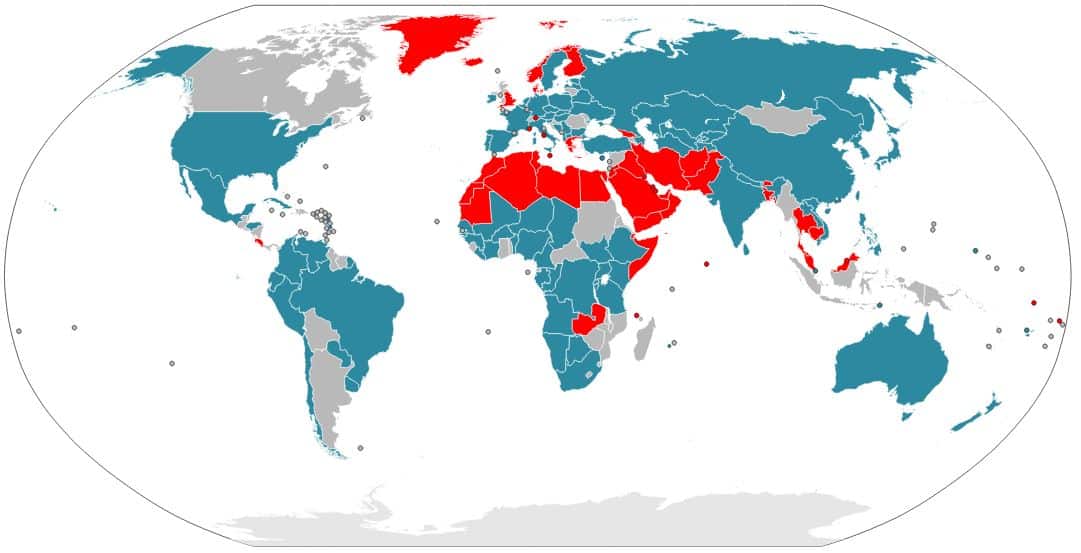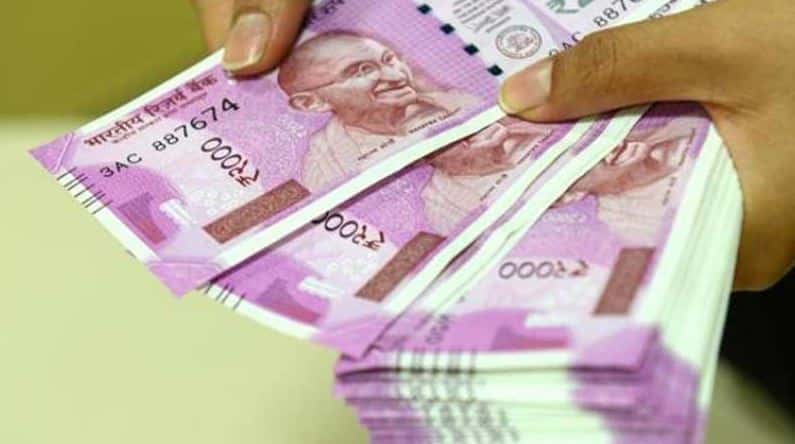Economic Impact of British Rule in India | NCERT – UPSC | IAS | PCS
(In Points )
The British conquest had a pronounced (noticeable) and profound (extremely felt) economic impact on India. The economic policies followed by the British led to the rapid transformation of India’s economy into a colonial economy whose nature and structure were determined by the needs of the British economy.
- The Indian economy under the British Raj describes the economy of India during the years of the British Raj, from 1858 to 1947. During this period, according to British economist Angus Maddison, India’s share of the world economy collapsed from 24.4% in 1700 to 4.2% in 1950. India experienced deindustrialization. Compared to the Mughal Era, India during the British colonial era had a lower per-capita income, a large decline in the secondary sector, and lower levels of urbanisation.
- In this respect the British conquest differed from all previous foreign conquests. The previous conquerors had overthrown Indian political powers but had made no basic changes in the country’s economic structure; they had gradually become a part of Indian life, political as well as economic
- British totally disrupted the traditional structure of the Indian economy, Moreover they never became an integral part of Indian life. They always remained foreigners in the land, exploiting Indian resources and carrying away India’s wealth as tribute.
- India’s GDP (PPP) per capita was stagnant during the Mughal Empire and began to decline prior to the onset of British rule. India’s share of global industrial output also declined from 25% in 1750 down to 2% in 1900. At the same time, the United Kingdom’s share of the world economy rose from 2.9% in 1700 up to 9% in 1870.
| Year | PPP GDP per Capita of India (as % of UK) |
|---|---|
| 1820 | 31.25 |
| 1870 | 16.72 |
| 1913 | 13.68 |
Economic Impact of British Rule in India | In – Short
- Deindustrialization – Ruin of artisans and handicrafts
- Impoverishment of peasantry—ruralisation of India.
- Emergence of new land relations—ruin of old zamindars.
- Stagnation and deterioration of agriculture.
- Commercialisation of Indian agriculture.
- Development of modern industry.
- Rise of Indian national bourgeoisie.
- Economic drain.
- Famine and poverty.











